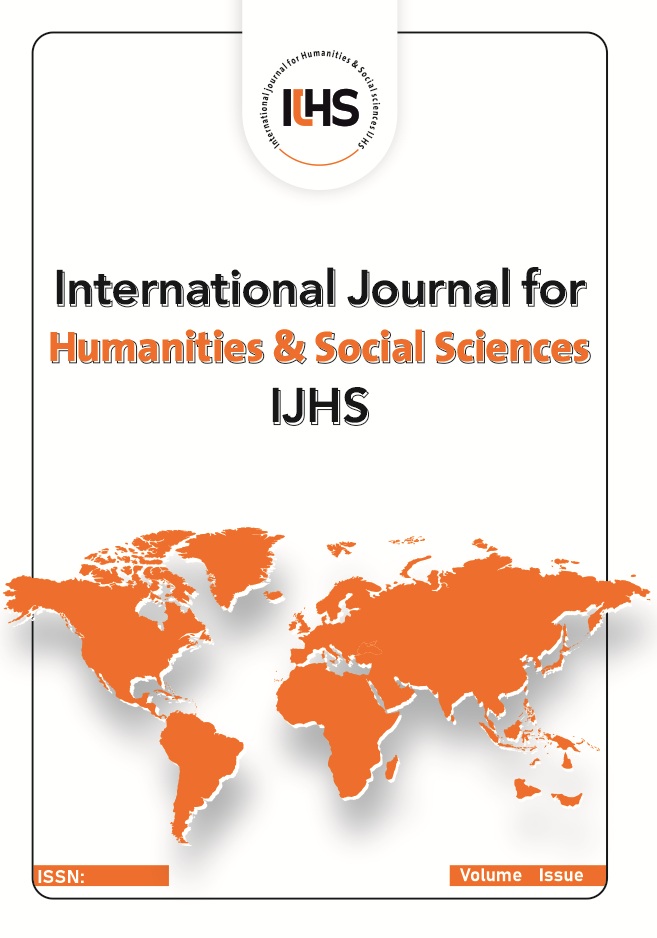Evaluating the effects of inquiry based learning on Nigeria students’ oral and written communication
Main Article Content
Abstract
This study aims to evaluate the effects of inquiry based learning (IBL) on Nigeria students’ oral and written communication skills. One hundred and twenty (120) first year undergraduate students of Michael Okpara University of Agriculture, Umudike, Nigeria were purposively chosen for the study. Pre-test and post-test results elicited through marking of their written rubrics with four scale range values (Content, Expression, Coherency, and Mechanical Accuracy) and students’ perceptions on their experiences on inquiry-based activities and presentations were used to generate data for analysis. The participants were divided into six member groups with topics related to their courses to investigate, write and present to students’ audience. Each group was given series of two different topics before and after inquiry based instruction to assess their written and oral communication skills. While the quantitative data were analyzed using one-way repeated measures ANOVA, the qualitative data were analyzed using content analysis. The findings of the study show significant increase in post-test results of respondents after a careful inquiry-based pedagogy both for weak and non-weak students. Although inquiry based learning activities create initial untold fear among students from their perception; engaging them in IBL engenders learner autonomy, facilitates strong interpersonal oral and written communicative skills and promotes collaboration. Content analyses reveal IBL as an approach that enhances active participation, deep content knowledge, classroom relationships and promotes sense of responsibility which are vital communication skills. Therefore, inquiry based instruction is suggested to totally replace the traditional lecture method of teaching and should be used in oral and written communication classrooms.
Article Details

This work is licensed under a Creative Commons Attribution 4.0 International License.
International Journal for Humanities and Social Sciences (IJHS) is licensed under the http://creativecommons.org/licenses/by/4.0, which allows users to copy, create extracts, abstracts, and new works from the article, alter and revise the article, and make commercial use of the article (including reuse and/or resale of the article by commercial entities), provided the user gives appropriate credit (with a link to the formal publication through the relevant DOI), provides a link to the license, indicates if changes were made, and the licensor is not represented as endorsing the use made of the work. The authors hold the copyright for their published work on the IJHS website, while IJHS is responsible for appreciate citation of their work, which is released under http://creativecommons.org/licenses/by/4.0, enabling the unrestricted use, distribution, and reproduction of an article in any medium, provided that the original work is properly cited.

